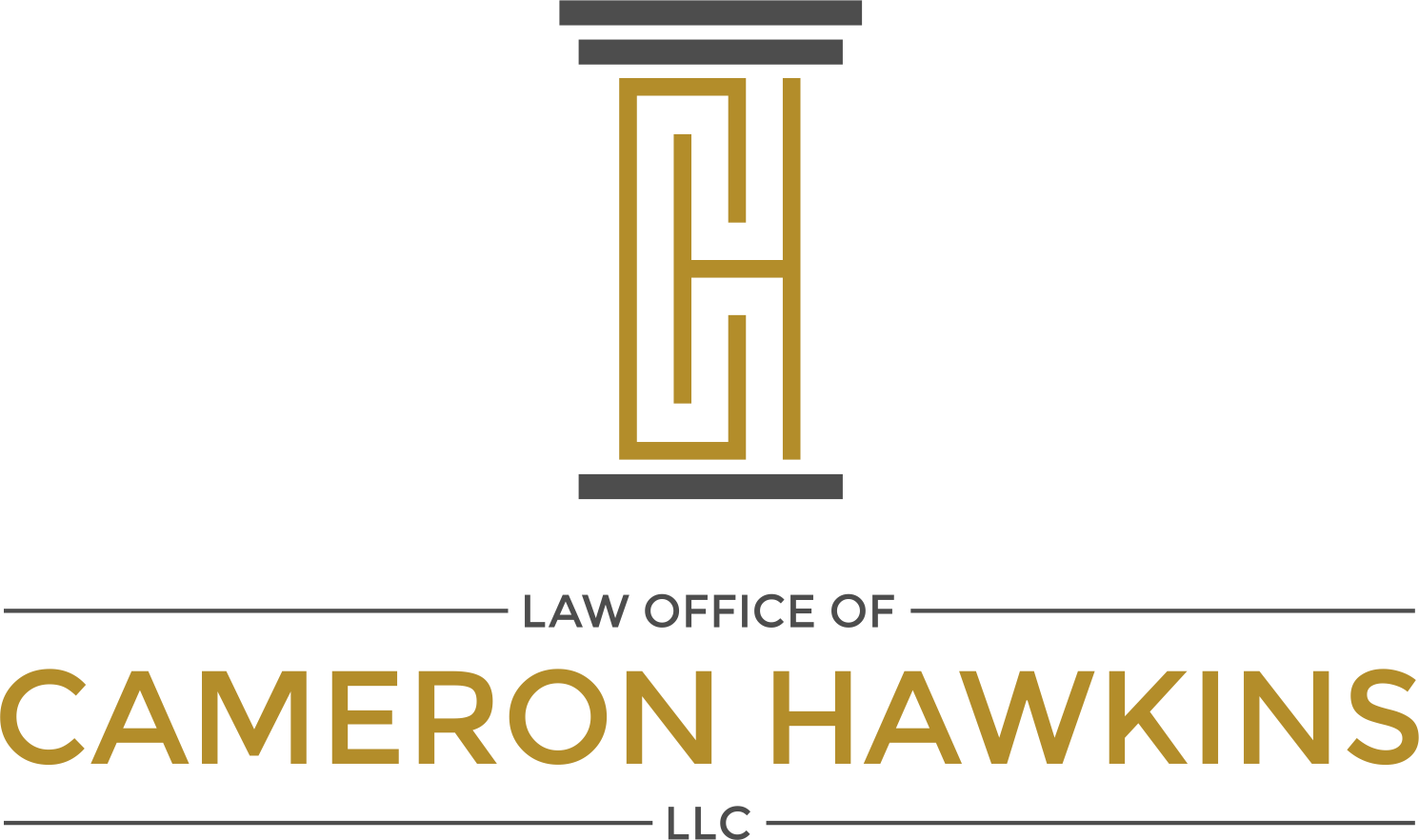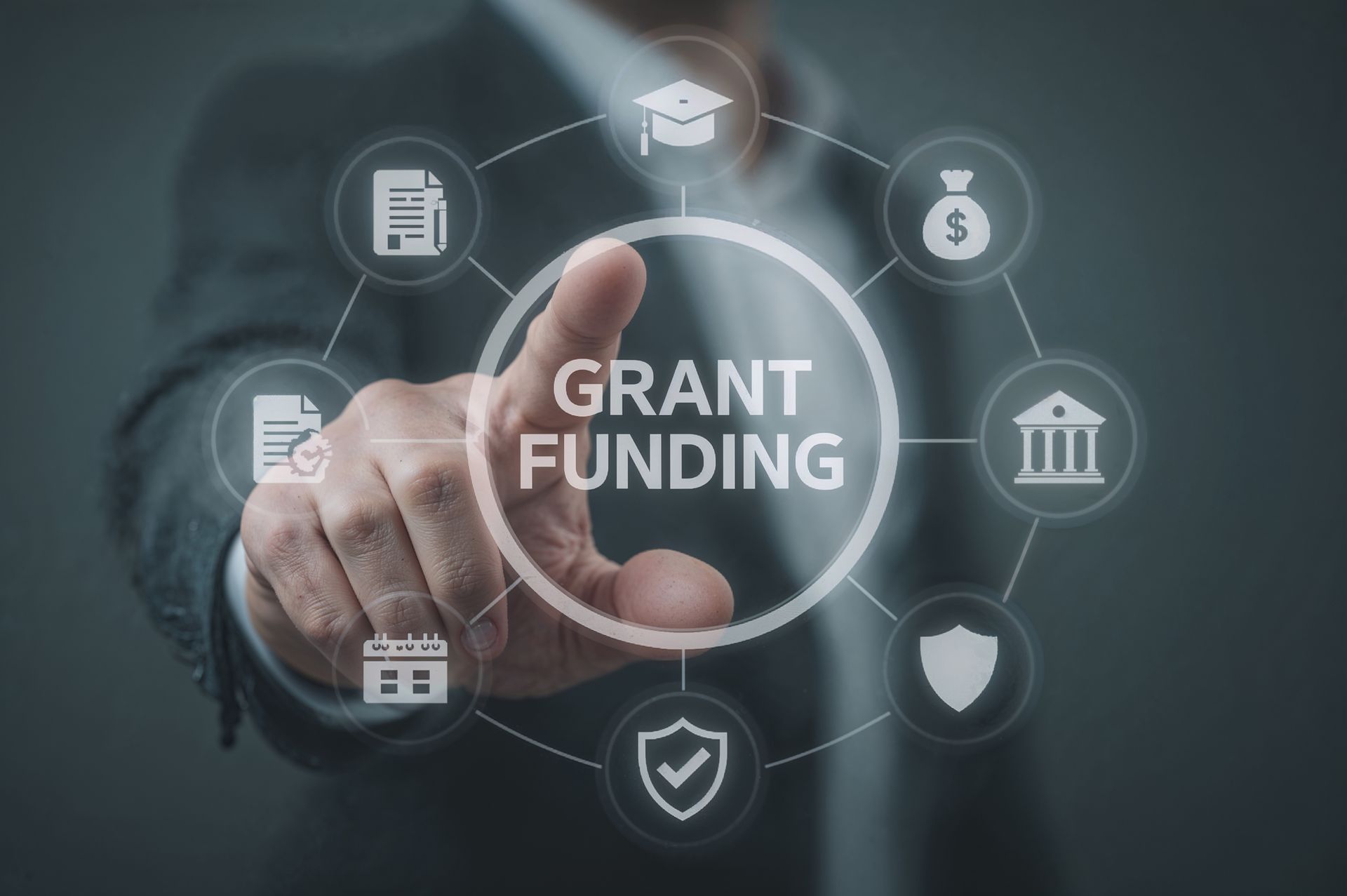Blog

Applying for 501(c)(3) tax-exempt status is a significant step for charitable organizations. It unlocks access to tax-deductible donations, institutional grants, and public credibility. But the IRS Form 1023 process is more than a formality. It is a legal application that requires precision, clarity, and compliance with strict regulatory expectations.
There are some important legal complications to consider ahead of time and filing mistakes to avoid if your organization is preparing to file Form 1023 or 1023-EZ.
Build on a Legally Compliant Foundation
In Georgia, you must first file your articles of incorporation with the Secretary of State before applying for federal tax-exempt status. Including the charitable purpose and dissolution clauses in your initial filing helps avoid delays or the need for amendments later. Your articles of incorporation must include two key clauses:
- A charitable purpose clause that matches the IRS definition under section 501(c)(3)
- A dissolution clause that ensures assets will go to another 501(c)(3) or government entity if the organization dissolves
If these clauses are missing or incomplete, the IRS will flag your application. If you need to amend your articles, file the amendment with the state and include the approved copy in your application packet.
Your bylaws should also reflect sound governance. The IRS does not require bylaws in all cases, but inconsistencies between governance practices and your mission or structure can create issues later.
Establish an Independent, Active Board
The IRS expects a governing board that reflects independence and accountability. At a minimum, your board should include three unrelated individuals. Boards dominated by family members or paid staff may raise concerns around private benefit and control.
Before filing, adopt a conflict of interest policy and have your board sign annual disclosure forms. While the policy itself does not need to be submitted with Form 1023, you must disclose whether you have one and how it is enforced.
Write a Detailed Program Narrative
The program service narrative is the most critical part of Form 1023. This section is where you demonstrate that your activities directly support a charitable purpose. Many applicants submit generic language that reads more like a mission statement than an operational description.
Be specific. Describe who you serve, what services or programs you provide, how you deliver them and how you evaluate results. If you plan to charge fees, explain how those fees are structured and whether reduced-cost or free access will be offered.
Avoid abstract phrases like "raise awareness" or "support underserved communities." The IRS wants concrete plans, especially for new organizations that have not yet launched operations.
Provide Financials That Align with Your Purpose
The IRS requires projected budgets for new organizations and historical financials for existing ones. Your budget should reflect your stated mission and demonstrate reasonable allocation of resources toward program delivery.
If you will generate earned revenue, such as selling products or services, you must explain how those activities support your exempt purpose. Revenue-generating activities that are unrelated to your mission could result in unrelated business income tax (UBIT) or jeopardize your exemption if they become a substantial part of your operations.
Also, be prepared to explain your fundraising strategy. If a significant portion of your budget will be devoted to fundraising or administrative costs, the IRS may seek clarification before issuing a determination.
Know When to Use Form 1023-EZ
Form 1023-EZ is available to organizations with projected annual gross receipts under $50,000 and assets under $250,000. It is faster and easier to complete, but it skips the detailed review that comes with the standard Form 1023.
Although the ease of the 1023-EZ is appealing, it’s still vital to adhere to the regulatory and tax requirements. Organizations that file 1023-EZ may be approved without a full analysis, but they are more likely to be audited later.
Choose the full form if you:
- Plan to grow rapidly
- Intend to operate in multiple states or internationally
- Will engage in complex activities like advocacy, fee-based services, or grantmaking
- Need to demonstrate thorough documentation to funders or government agencies
Post-Approval Obligations and Legal Risks
Receiving your determination letter is not the end of your compliance journey. Your organization must maintain its exempt status by meeting annual filing and governance requirements. Key responsibilities include:
- Filing Form 990, 990-EZ, or 990-N every year, depending on revenue
- Maintaining accurate financial and board records
- Ensuring activities continue to align with your exempt purpose
- Avoiding inurement, excess benefit transactions, or conflicts of interest
- Managing restricted donations in compliance with donor intent
Failure to comply with these rules can result in penalties or revocation of your status. If your organization changes its mission or program model significantly, you may need to notify the IRS or file an updated application.
Should You Consult With a Nonprofit Lawyer Before Applying for 501(c)(3) Tax-Exempt Status
The Form 1023 process is legal in nature, and complications can arise when applicants approach it like a basic registration form. If your organization has a complex structure, plans for earned income, or potential conflicts of interest, legal guidance can help you anticipate and resolve red flags before submission.
An experienced nonprofit attorney can also review your organizing documents, improve your program narrative, and assist with post-approval compliance planning.
Secure Your Tax-Exempt Status the Right Way in Atlanta
If you are preparing to apply for 501(c)(3) status or want a second set of eyes on your application, the Law Office of Cameron Hawkins is here to help.
We guide Georgia nonprofits through every step of the formation and exemption process, from entity creation to IRS determination and beyond.
Schedule a consultation today by calling (678) 921-4225.











